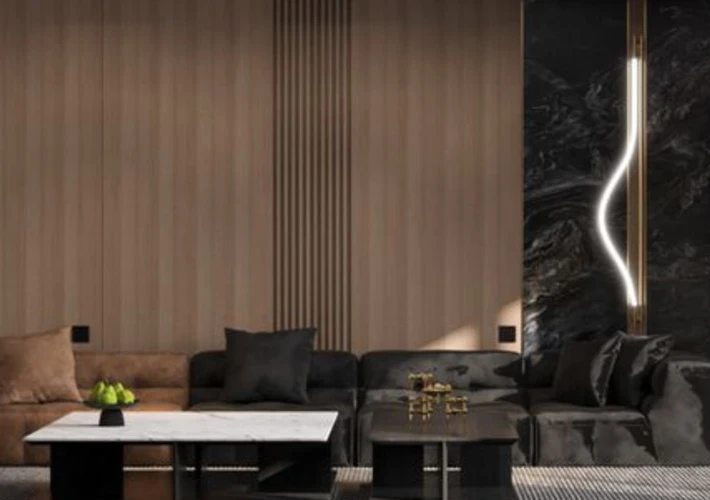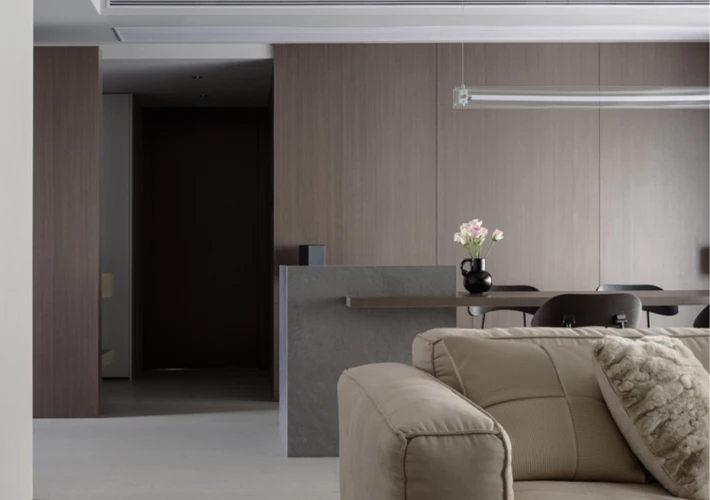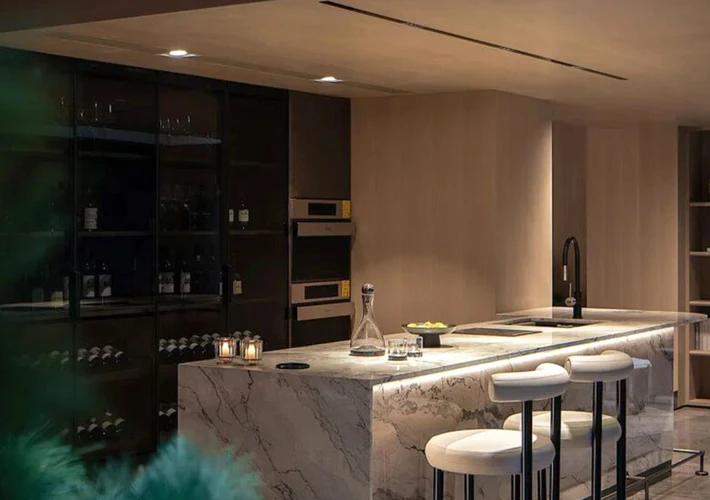Nuestros sitios
FOTOS Y HERRAMIENTAS DE DISEÑO
IDEAS DE DISEÑO
- 2026 Hotel Bathroom Design Trends
- 2026 Hotel Lobby Design Trends
- 2026 UV Marble Sheet Design Trend
- Bamboo Charcoal Wood Veneer Marble Wall Panels for Public Spaces
- Hotel Holistic Customization for New Build and Renovation Projects
- Hotel Bathroom Renovation Trends in 2026
- A Complete Guide to Future-Ready Hotel Design and Investment
- WPC Wall Panels’ Most Popular Patterns in the UK
SALAS Y ESPACIOS
- How Acoustic Panels Improve Sound Quality in Hotels
- Why Are More and More Renovation Projects Starting to Use Bamboo Charcoal Wood Veneer?
- Why Are More and More Hotels in the US and Europe Choosing SPC Wall Panels for Bathrooms?
- How to Choose the Right Bed for a Hotel?
- Popular Colors and Applications for Acoustic Panels
- Wooden, Metal or MDF? Best Materials for Hotel Bedside Tables
- Best Hotel Room Furniture Suppliers for 3–5 Star Hotels
- What Are the Advantages of Acoustic Panels for Office Use?
CÓMO INSTALAR
- How to Install Bamboo Charcoal Wood Veneer
- ¿Los paneles acústicos deben colocarse en paredes o techos?
- Guía paso a paso para instalar placas de mármol de PVC
- Método de instalación de paneles de pared de WPC
- ¿Cómo instalar los paneles murales SPC?
- ¿Cómo se instala la chapa de madera de carbón de bambú?
- Mejorar la calidad del sonido con paneles acústicos
- ¿Cómo instalar Bamboo Charcoal Wood Veneer?
CÓMO LIMPIAR
SALAS Y ESPACIOS
- PVC Marble Sheet Manufacturer in China for Hotel Interior Wall Projects
- Key Installation Points of WPC Wall Panel Concealed Door Systems
- Customization and Wholesale Services of PVC Marble Sheets Suitable for Star-Rated Hotel Decoration
- Estilos de diseño interior de dormitorios: Mejorar la estética con paneles de pared modernos
- ¿Puedo utilizar paneles SPC en una ducha?
- Guía de tipos de paneles murales
LOS MEJORES CONSEJOS DE EXPERTOS
- How to Shorten Hotel Guestroom Renovation Time by 30%?
- What Real Problems Will a Project Face If CE Documentation Is Incomplete?
- Bamboo Charcoal Wood Veneer Price Guide & Global Market Trends
- Top WPC Wall Panel Manufacturer and Factory for Global Projects
- Top 10 Best Acoustic Panels for Modern Interior Decoration
- How to Choose the Best Hotel Luxury Sofa for Your Project
- Latest Market Trends of WPC Wall Panels in 2025
- Common Sizes of Acoustic Wood Paneling: A Comprehensive Guide for Global Buyers
APRENDER LO BÁSICO
- Fire Rated PVC Marble Sheet Price and Certification Cost Impact
- What are the benefits of bamboo charcoal panels?
- How to Choose the Right Acoustic Insulation Wall Panels for Commercial Projects
- Benefits of Using Acoustic Panels on Ceiling in Hotels
- How to Choose the Right WPC Wall Panel Supplier in China for Your Business
- What Are the Advantages of Oak Acoustic Panels?
- Common HS Codes Used for WPC Wall Panels
- Why Malaysian Buyers Source Acoustic Panels from China
COLECCIONES POPULARES
INSPIRACIÓN
COLECCIONES POPULARES
INSPIRACIÓN
COLECCIONES POPULARES
INSPIRACIÓN
COLECCIONES POPULARES
INSPIRACIÓN
INSTALACIÓN Y ASESORAMIENTO
COLECCIONES POPULARES
INSPIRACIÓN
INSTALACIÓN Y ASESORAMIENTO
INSTALACIÓN Y ASESORAMIENTO









